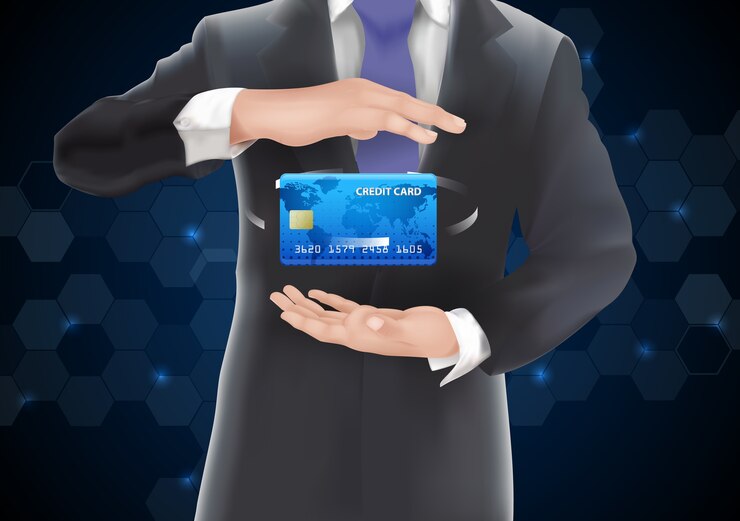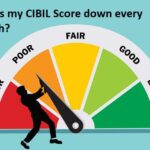Credit card debt is a significant issue for many individuals in India, often leading to legal disputes between defaulters and credit card companies. The Supreme Court of India has played a pivotal role in shaping the legal landscape surrounding credit card debt, providing clarity and protection for both lenders and borrowers. This article delves into the Supreme Court’s judgments on credit card defaulters, exploring their implications and offering insights into how they affect consumers and financial institutions.
Background
Credit card usage in India has surged in recent years, leading to a corresponding rise in credit card debt. While credit cards offer convenience and financial flexibility, they also pose a risk of accumulating high-interest debt. Credit card defaulters are individuals who fail to make their minimum payments on time, resulting in penalties, increased interest rates, and potential legal action from credit card companies.
Supreme Court’s Role
The Supreme Court of India has been instrumental in adjudicating disputes related to credit card defaults, ensuring that both the rights of consumers and the interests of financial institutions are balanced. Several landmark judgments have set precedents in how credit card defaulters are treated under the law.
Key Supreme Court Judgments
- ICICI Bank vs. Shanti Devi Sharma (2008)
In this landmark case, the Supreme Court addressed the issue of harassment by recovery agents employed by banks to recover outstanding credit card dues. The court ruled that recovery agents must adhere to legal and ethical guidelines while collecting debts. Harassment or coercive tactics are not permissible, and banks can be held accountable for the actions of their agents. This judgment underscored the importance of consumer rights and set a standard for fair debt collection practices.
Implications:
- Banks must ensure that recovery agents follow ethical guidelines.
- Consumers have the right to report harassment and seek legal recourse.
- The judgment promotes a more respectful and lawful approach to debt recovery.
- General Manager, Credit Information Bureau (India) Ltd. vs. State of Maharashtra (2010)
This case focused on the role of credit information bureaus in sharing credit data and the implications for credit card defaulters. The Supreme Court ruled that credit bureaus must maintain accurate records and provide consumers with the right to dispute incorrect information. This judgment highlighted the importance of transparency and accuracy in credit reporting.
Implications:
- Credit bureaus are required to ensure the accuracy of credit reports.
- Consumers have the right to dispute and correct errors in their credit reports.
- The judgment enhances transparency and consumer protection in credit reporting.
- State Bank of India vs. Ranjan Kumar Mitra (2015)
In this case, the Supreme Court examined the liability of co-applicants in credit card debt. The court ruled that co-applicants are equally liable for the repayment of the credit card dues, emphasizing the importance of understanding the responsibilities associated with being a co-applicant.
Implications:
- Co-applicants are jointly liable for credit card debt.
- Individuals must understand the risks before becoming co-applicants.
- The judgment clarifies the legal standing of co-applicants in debt recovery.
Legal Protections for Credit Card Defaulters
The Supreme Court’s judgments have significantly strengthened the legal protections for credit card defaulters, ensuring fair treatment and ethical debt recovery practices. Some of these protections include:
- Fair Debt Collection Practices: Banks and recovery agents must follow ethical guidelines and avoid harassment or coercion.
- Right to Information: Consumers have the right to access and dispute information in their credit reports.
- Legal Recourse: Credit card defaulters can seek legal recourse if they face unlawful practices by banks or recovery agents.
Steps for Credit Card Defaulters
If you find yourself unable to pay your credit card dues, it’s essential to take proactive steps to manage your debt and protect your rights:
- Communicate with Your Bank: Inform your bank about your financial difficulties and negotiate a repayment plan.
- Seek Financial Counseling: Financial counselors can provide guidance on managing debt and improving your financial situation.
- Know Your Rights: Familiarize yourself with your legal rights as a credit card holder and defaulter.
- Dispute Incorrect Information: Regularly check your credit report and dispute any inaccuracies with the credit bureau.
Conclusion
The Supreme Court of India has played a crucial role in defining the legal framework for credit card defaulters, ensuring that their rights are protected while maintaining the interests of financial institutions. Landmark judgments have established guidelines for ethical debt collection, accurate credit reporting, and the responsibilities of co-applicants. As a credit card user, it is essential to be aware of these legal protections and take proactive steps to manage debt effectively. Understanding the implications of these judgments can help individuals navigate the complexities of credit card debt and work towards financial stability.
Get in touch with us today at www.Settleloan.in and embark on your path to financial freedom



